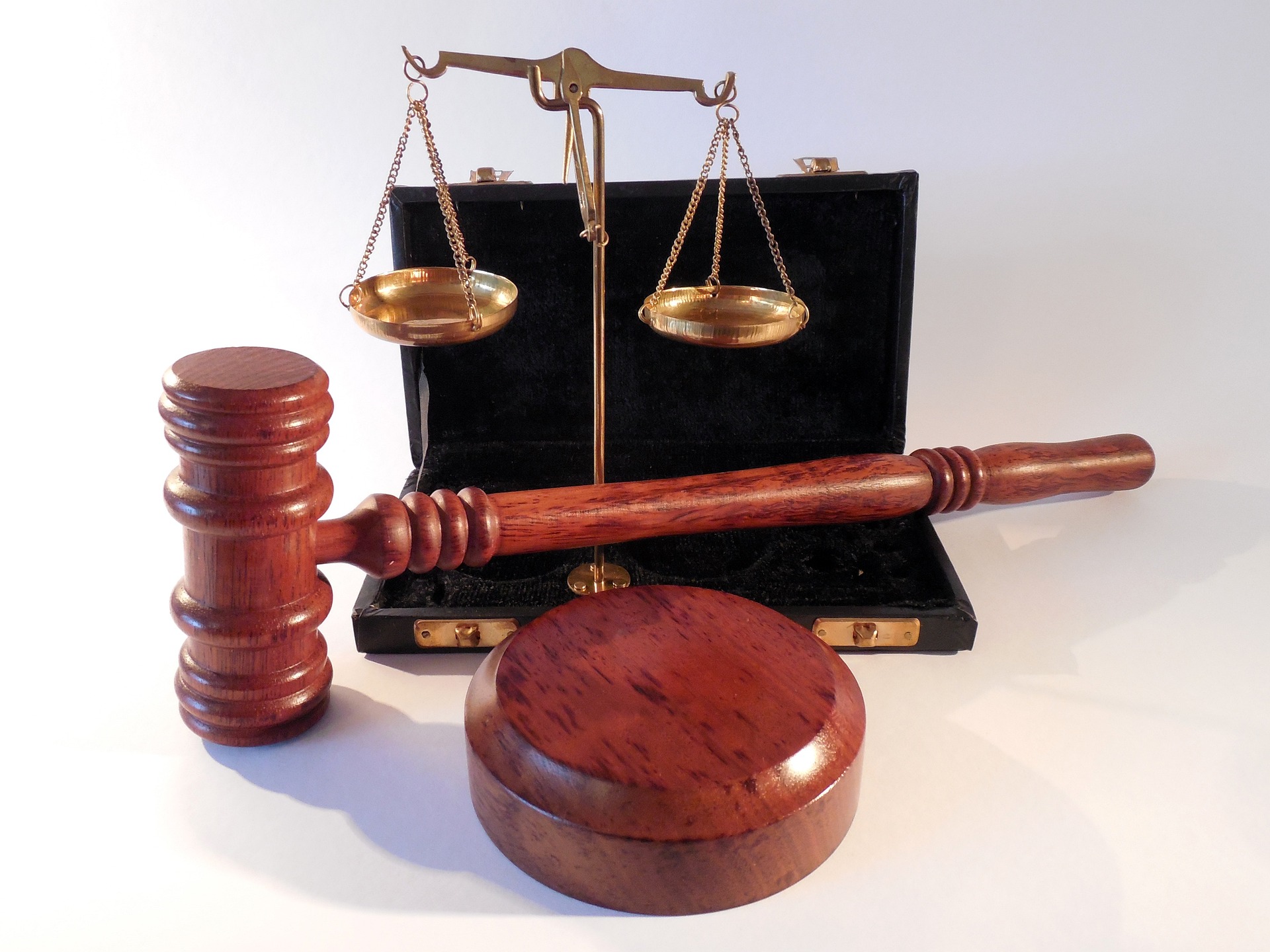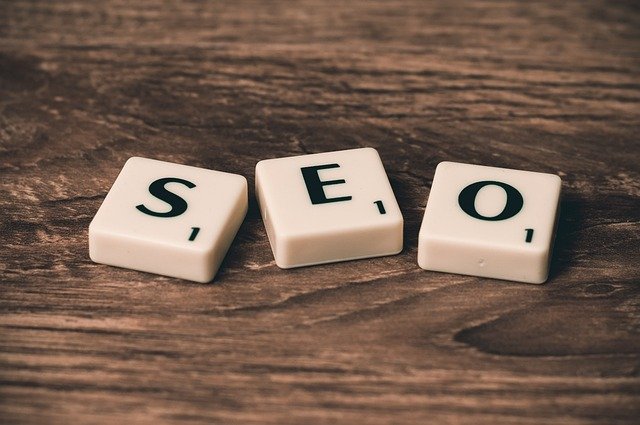"Decoding The Influences of Social Media on Election Law"
With the ever-increasing popularity of social media, its impact on various aspects of our lives has become an intriguing topic. It has not only transformed our communication modes but has also started to influence our political landscape. One of the significant areas it has affected is election law. This article aims to dissect this phenomenon, shedding light on the historical context, recent developments, and potential implications of social media on election law.
Historical Context and Key Legal Developments
Decades ago, the concept of social media influencing election laws seemed far-fetched. As technology has evolved, however, its involvement in political operations has gradually intensified. The 2008 U.S. Presidential Election was a pivotal moment, marking the first significant use of social media in a political campaign. Following this, election laws worldwide began to adapt to include regulations on digital campaigning, aiming to ensure transparency and combat misinformation.
Current Legal Updates and Policy Discussions
Currently, the intersection of social media and election law is at the forefront of legislative discourse. Governments are grappling with the delicate balance between freedom of expression and the prevention of manipulation through misinformation. The U.S., for example, is currently revisiting the Honest Ads Act, which aims to regulate political advertising on social media platforms. The European Union is also considering regulations to curb the dissemination of fake news during election cycles.
Implications and Impact on Society
The influence of social media on election laws has far-reaching implications. With the ability to reach millions of users, social media platforms can significantly sway public opinion. Therefore, lack of regulation can lead to the spread of misinformation, potentially influencing election outcomes. However, strict regulation might impede freedom of speech, a cornerstone of democratic societies.
On the flip side, social media can also democratize political discourse by providing a platform for diverse voices. This balance between regulation and freedom is a complex issue, impacting not only election outcomes but also societal trust in democratic processes.
Conclusion
The impact of social media on election law is a complex and evolving issue. As technology continues to advance, law and policy must adapt to ensure it is used responsibly in the political sphere. The challenge lies in creating laws that safeguard democracy by preventing misinformation while also preserving freedom of speech. This balance will continue to be a key focus in legislative discussions in the years to come.
In conclusion, social media’s influence on election law is an intriguing aspect of our modern political landscape. It brings to light the challenges inherent in adapting traditional laws to the digital age. Understanding the nuances of this phenomenon is crucial for engaged citizens, lawmakers, and policymakers alike.





